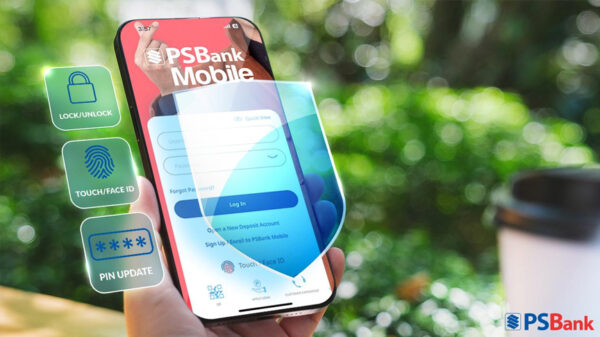The public may now avail of government services faster, more safely and efficiently right in their homes and workplaces through the use of digital certificates.
This becomes possible with the Department of Science and Technology’s (DOST) Philippine National Public Key Infrastructure (PNPKI), an initiative which secures communications among individuals and government agencies when conducting transactions over the Internet.
This was revealed by Denis Villorente, director of DOST’s Advanced Science and Technology Institute (ASTI) during a stakeholders forum at the 2014 National Science and Technology Week held last July 24-28, 2014 at the SMX Convention Center in Pasay City.
PNPKI refers to the virtual ‘key’ which subscribers can use to secure files sent over an otherwise unsecure ‘public’ network like the Internet. As more people do business over the Internet, the public needs trusted infrastructures that will authenticate and validate virtual personal identities by providing digital certificates to validate the authenticity of the person on the other end of the transaction.
“The PKI is a way to identify people, organizations and machines electronically. To be able to have reliable and trusted transactions online, systems must be able to identify the parties they are transacting or communicating with. Using PKI, the digital certificates provide an authoritative way to prove that parties to an online transaction are who they say they are,” explained Rage Callao of ASTI.
Callao added that digital certificates are issued to people, organizations and systems after stringent verification of the subscriber’s information. These digital certificates may then be used to authenticate oneself online, sign electronic documents and secure electronic transmissions. It also includes a verification service which allows people to verify digital certificates presented to them online by other parties.
In recent years, concerns over unreliable network security have popped up. According to reports, from the years 2003 to 2012, the Anti-Transnational Crime Division of the Criminal Investigation and Detection Group of the Philippine National Police handled 2,778 cases of computer crimes from various government agencies and private individuals.


















































































































